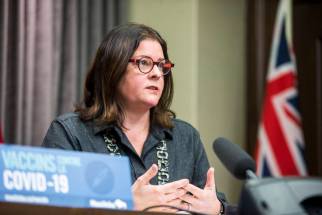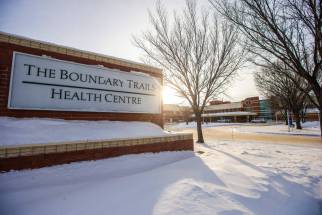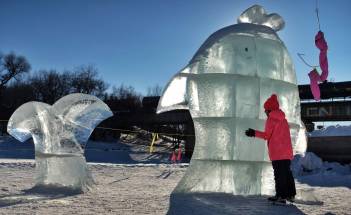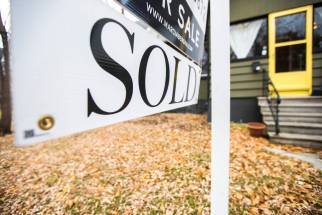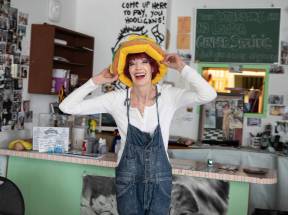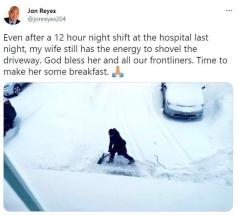Succession of celebrity deaths stuns Indigenous world Well-known figures had impact on the outside world, but held important and expected roles within community
Read this article for free:
or
Already have an account? Log in here »
To continue reading, please subscribe:
Monthly Digital Subscription
$0 for the first 4 weeks*
- Enjoy unlimited reading on winnipegfreepress.com
- Read the E-Edition, our digital replica newspaper
- Access News Break, our award-winning app
- Play interactive puzzles
*No charge for 4 weeks then price increases to the regular rate of $19.00 plus GST every four weeks. Offer available to new and qualified returning subscribers only. Cancel any time.
Monthly Digital Subscription
$4.75/week*
- Enjoy unlimited reading on winnipegfreepress.com
- Read the E-Edition, our digital replica newspaper
- Access News Break, our award-winning app
- Play interactive puzzles
*Billed as $19 plus GST every four weeks. Cancel any time.
To continue reading, please subscribe:
Add Free Press access to your Brandon Sun subscription for only an additional
$1 for the first 4 weeks*
*Your next subscription payment will increase by $1.00 and you will be charged $16.99 plus GST for four weeks. After four weeks, your payment will increase to $23.99 plus GST every four weeks.
Read unlimited articles for free today:
or
Already have an account? Log in here »
Hey there, time traveller!
This article was published 12/01/2022 (1425 days ago), so information in it may no longer be current.
It’s been a remarkable 24 hours of sadness and appreciation.
I woke up Tuesday to a text telling me of the death from cancer of 85-year-old Anishinaabe activist and American Indian Movement co-founder Clyde Bellecourt.
If you don’t know who Clyde is, he shaped your world. Without the fierce and brave work of AIM in the 1970s, one would not see the changes in First Nations land claims, court decisions and even racist logos in sports.
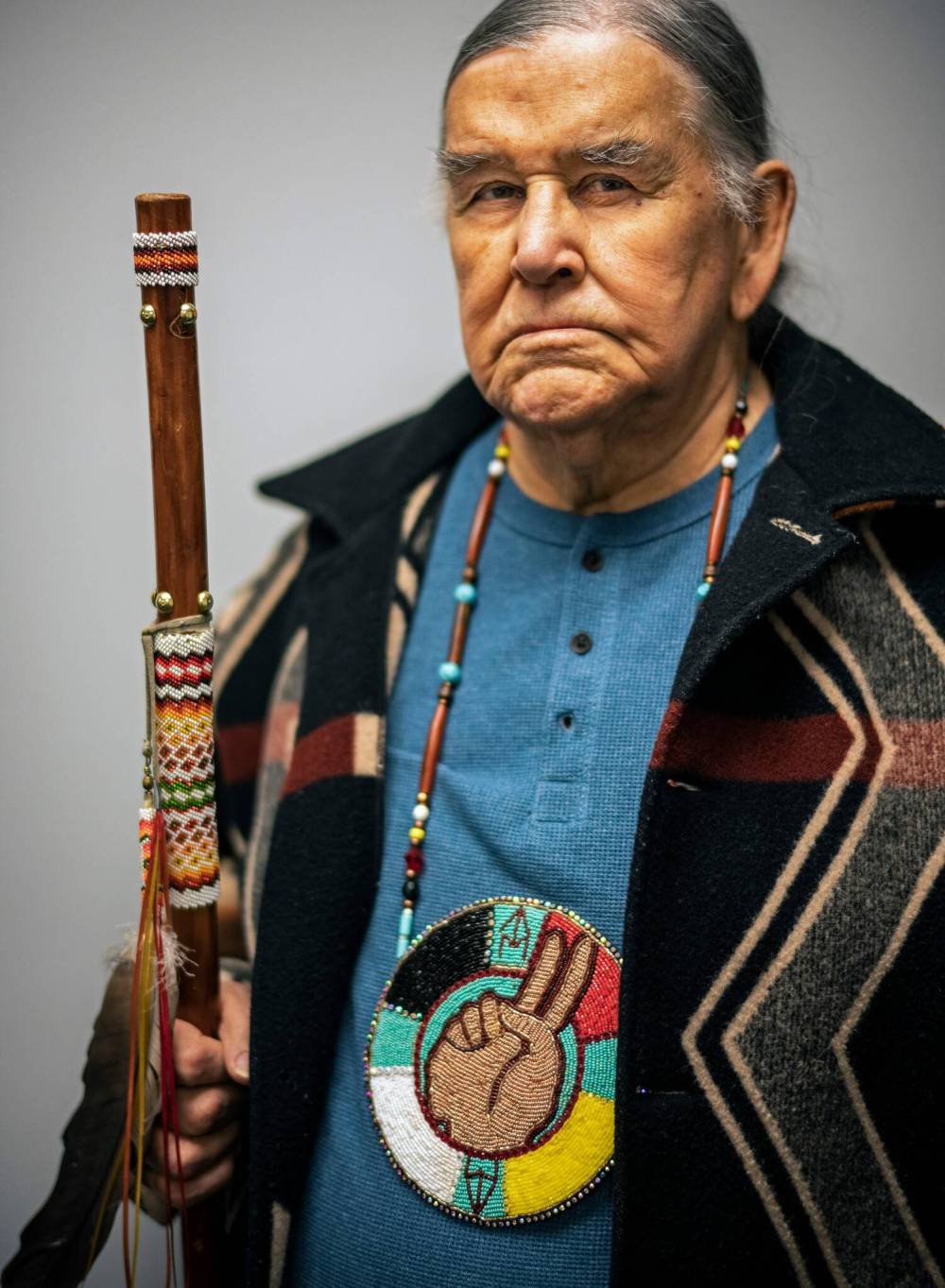
Clyde spent his life fighting for Indigenous rights. He was a fixture on TV shows, radio programs and in marches.
He was also an uncle. I was in ceremony with him many times.
In fact, he and I shared the same name, although he spelled it Nee-gon-we-way-we-dun, which he translated to “the sound before the thunder” (my translation is “future sound”).
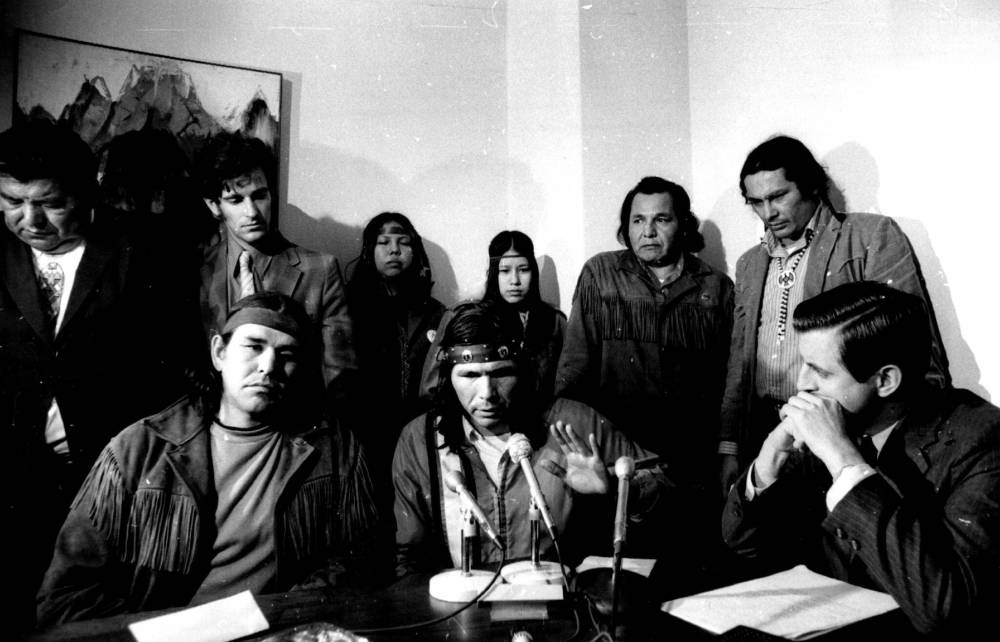
Clyde will now be speaking and singing in the spirit world, but we will continue to hear his sounds for a long time.
Creation apparently wasn’t finished with taking Indigenous voices Tuesday, as music icon Vince Fontaine from Sagkeeng First Nation died suddenly of a heart attack at age 60.
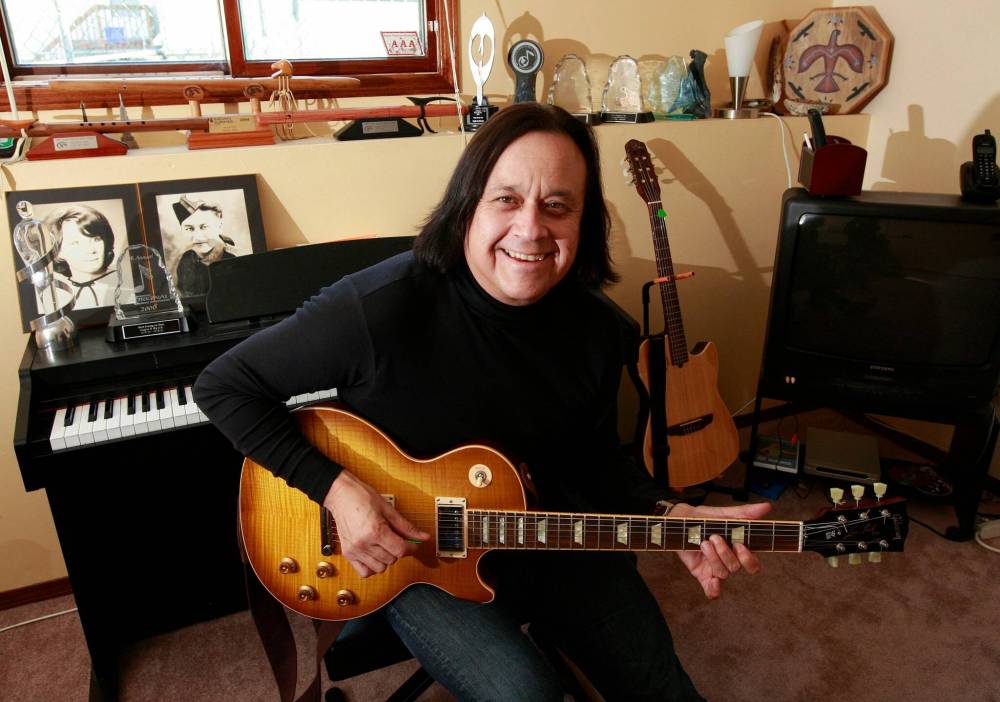
Fontaine was the frontman of award-winning bands Indian City and Eagle & Hawk. He was a featured performer who played around the world — at the Olympics, at the Native American Music Awards and at the New Orleans Jazz & Heritage Festival.
Vince was known for being exceptionally kind and giving, having mentored an entire generation of Indigenous musicians into rock and folk music stars.
He was the living definition of an uncle, making sure everyone was cared for — including my daughter (also a Fontaine).
The morning after those deaths I woke to the news Ojibway director and writer Jacquie Black had died suddenly.
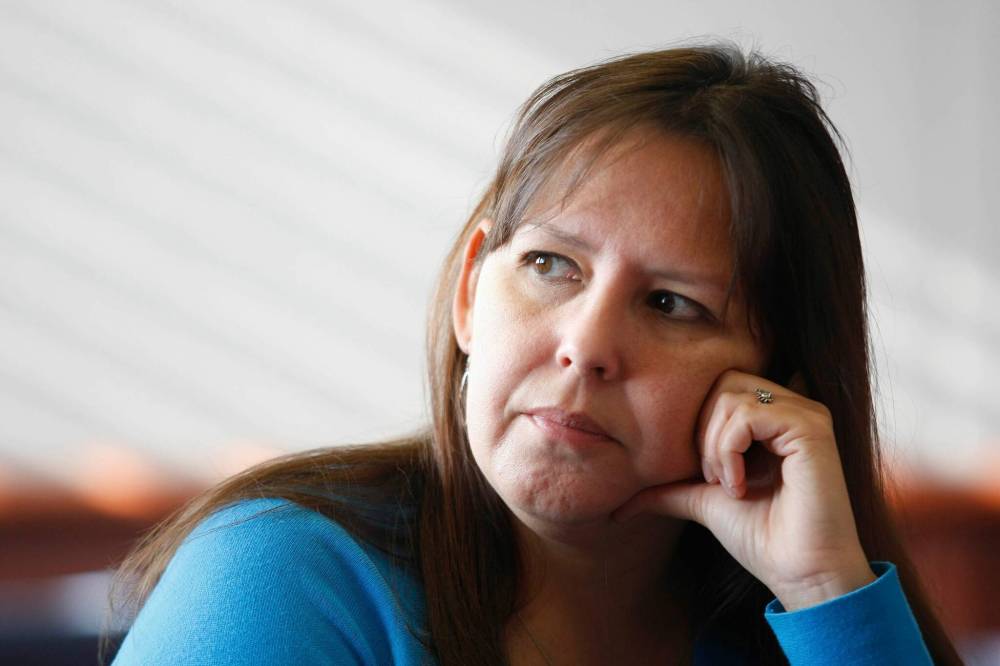
Black wrote and directed dozens of shows, such as Tipi Tales and Cashing In but is best known for her work on the documentary series Taken, which tells the stories of murdered and missing Indigenous women and girls.
I appeared on several shows Jacquie produced, as she was always looking to feature Manitoba voices. Our last conversation, in fact, was about a series she was producing for CBC. As always, her professionalism and close attention to detail made her one of the best in the business.
Three Indigenous celebrities, gone in 24 hours.
Being an Indigenous celebrity isn’t like being a celebrity in the non-Indigenous world.
Being an Indigenous celebrity isn’t like being a celebrity in the non-Indigenous world. Unlike the stardom found in the mainstream, you’re still expected to serve the elders at the feast, chop the wood and watch the children. Basically, not flaunt your status around.
You’re simply expected to be like any other uncle or auntie.
As a result, the impacts of Indigenous celebrities are vast but often go under-reported.
The most media I’ve ever seen cover an Indigenous celebrity death is three weeks ago, when Mi’kmaw comedian and TV host Candy Palmater died on Christmas Day at the age of 53 from a rare organ disease.
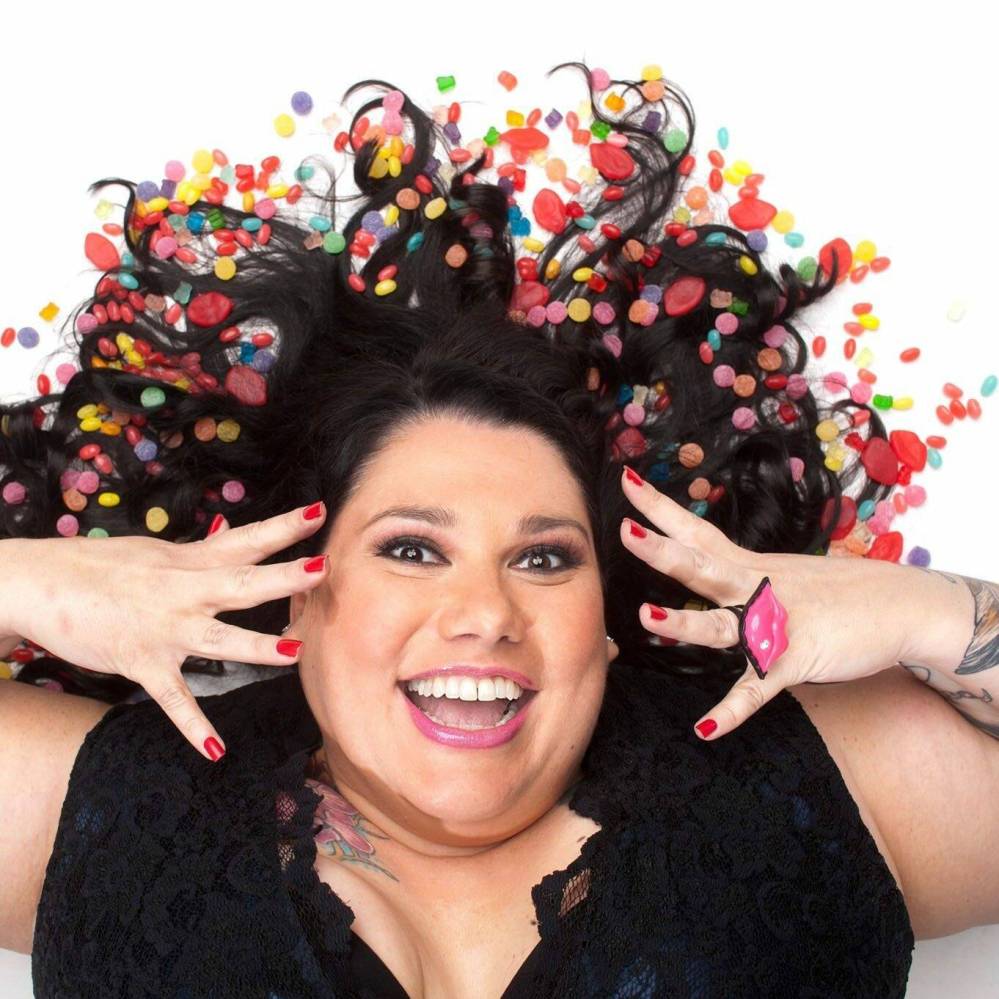
Palmater was best known for appearing on the Trailer Park Boys and on numerous CBC TV and radio shows and CTV’s afternoon talk show The Social. She got a lot of attention in Toronto.
Indigenous people knew her best though for her work on the groundbreaking APTN variety program The Candy Show, which featured comedy about her identity as a “gay native recovered-lawyer-turned-feminist-comic who was raised by bikers in the wilds of northern New Brunswick.”
A lot of people also don’t know that Palmater performed comedy at gatherings for residential school survivors during the Truth and Reconciliation Commission proceedings. She made people laugh at some of the darkest and saddest events I’ve ever attended.
Candy Palmater was an auntie.
Other recent deaths of uncles and auntie celebrities have rocked the Indigenous community.
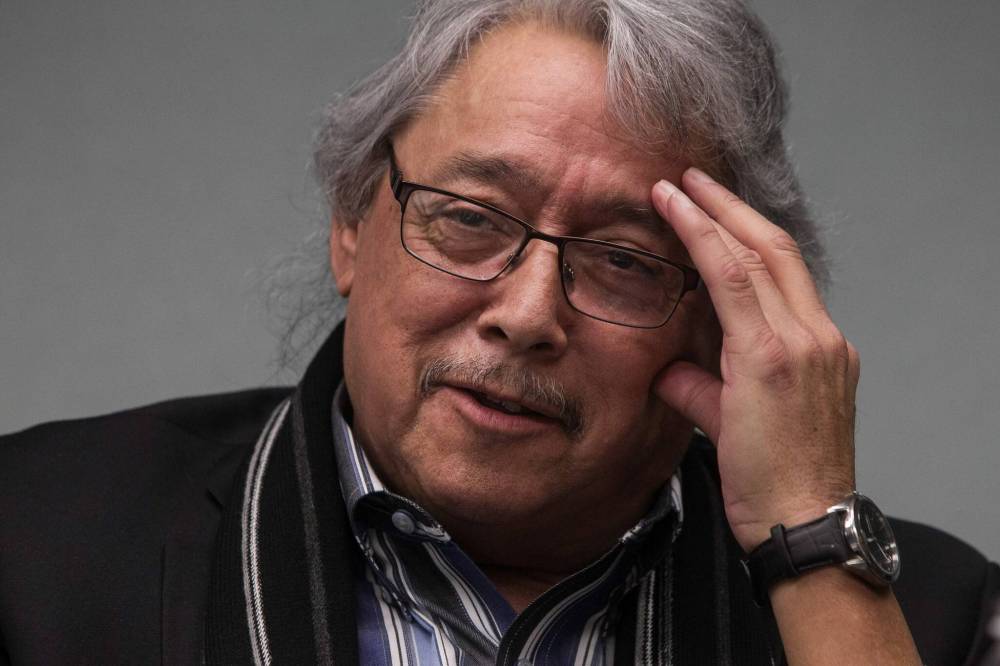
David Courchene Jr. died peacefully on Dec. 8 at his home on Sagkeeng First Nation. He was 71.
Courchene was, literally, an international superstar who talked about the environment at the United Nations and was the keynote speaker at conferences in dozens of countries. I was always running into him in airports; he would always buy me a coffee.
Courchene also founded the Turtle Lodge Centre in Sagkeeng, performing ceremonies for tens of thousands of peoples who would come from everywhere to attend.
A month earlier, on Nov. 11, Stó:lō author Lee Maracle died. She was also 71.
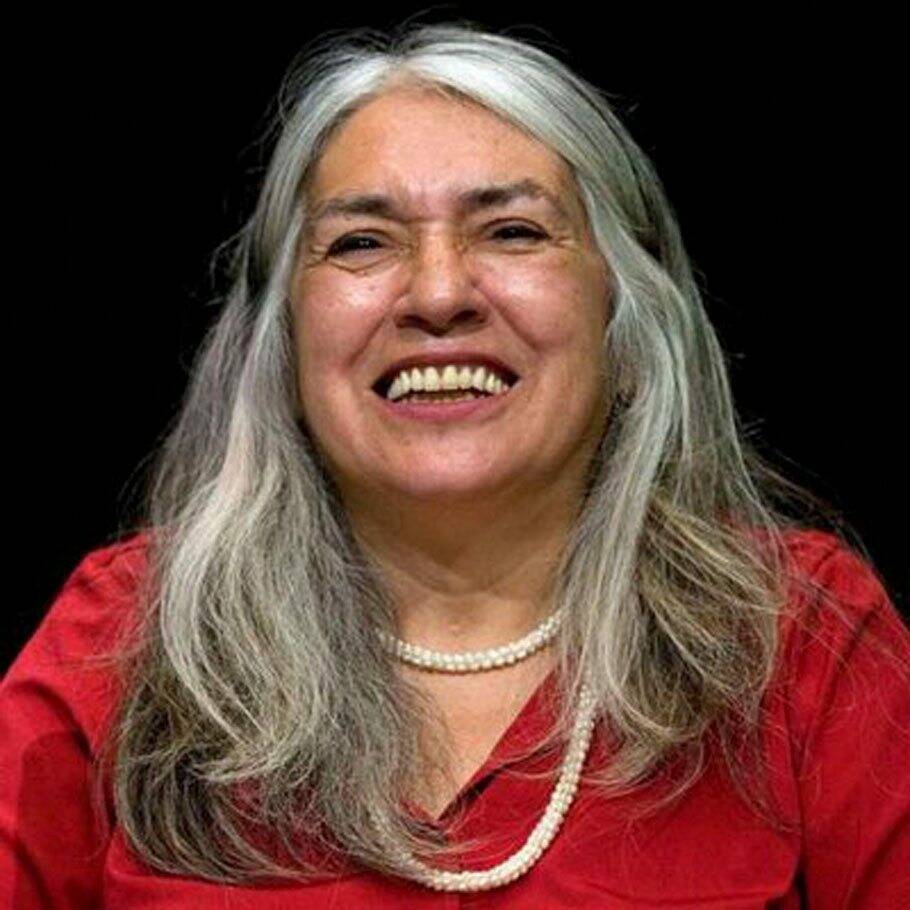
Maracle’s 15 novels and books of poetry, lectures and autobiography were revolutionary, inspiring an entire generation of Indigenous writers.
She also became a personal career and life adviser to nearly every Indigenous writer she met. I remember one night in Peterborough, Ont., when she and I stayed up until the wee hours of the morning talking about books we wanted to write.
I remember her telling me — at 3 a.m. — “I believe in you, my boy, keep writing.”
In two months — and just this week — the Indigenous community has lost some of our greatest celebrities.
Because they were our aunties and uncles.
niigaan.sinclair@freepress.mb.ca

Niigaan Sinclair is Anishinaabe and is a columnist at the Winnipeg Free Press.
Our newsroom depends on a growing audience of readers to power our journalism. If you are not a paid reader, please consider becoming a subscriber.
Our newsroom depends on its audience of readers to power our journalism. Thank you for your support.


